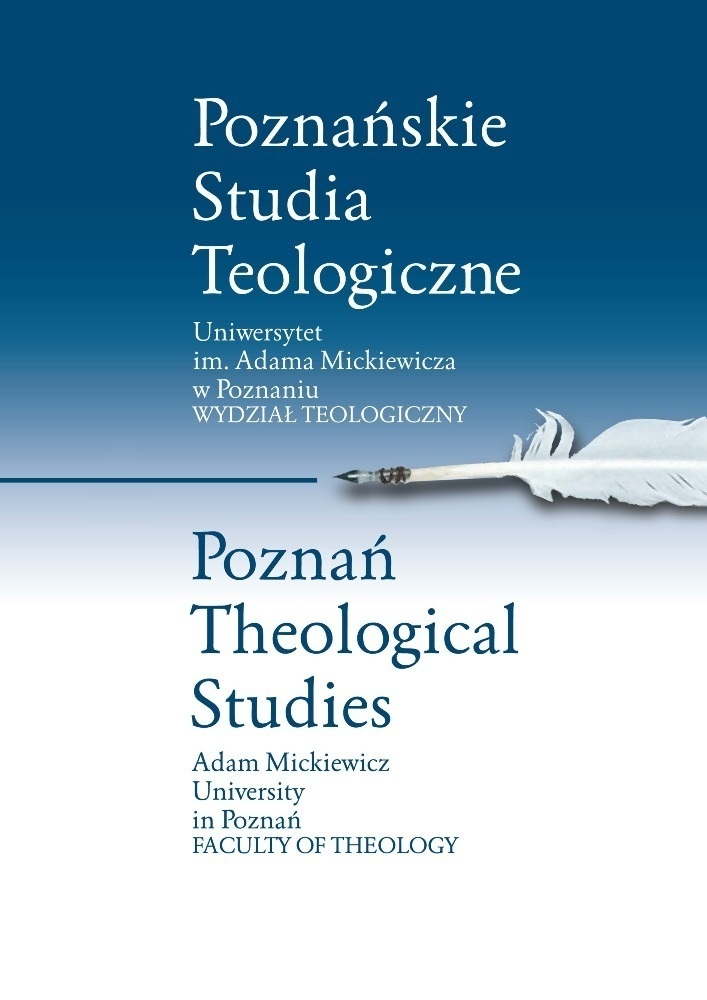Abstract
The twentieth century philosophy of dialog created by such eminent thinkers as Franz Rosenzweig, Martin Buber and Emmanuel Lévinas, has its roots not only in the dispute with the Cartesian concept of subjectivity, ego cogito, but also - and this is the fundamental thesis of this paper - in the horrendous experience of the Holocaust. Philosophy of dialog is not a fruit of pure and abstract speculation characteristic of university faculties; it is a fruit of an authentic experience of cruelty and hatred to The Other. The Holocaust - according to philosophers of dialog - was not only a terrible result of modem technocracy, but primarily a poisoned fruit of the European transcendental tradition o f thinking. Pioneering works o f philosophy of dialog that nowadays are recognized as classical, were written in the turmoil of The First World War - at war front and in Stalag. The transcendence of The Other, according to the philosophy of dialog, in the tradition of modem thinking was reduced to the immanence of subjectivity, Cartesian cogito. Consequently, this modem gesture of detranscendentalization repeated and reinforced in the age of philosophical idealism, has become one of the fundamental reasons for horrible and irrational expansion of cruelty in the twentieth century. The answer, unlike many others, to the Holocaust given by the philosophy of dialog was clear: the first vocation of philosophy is to guard the transcendence of The Other, who never can be reduced to the order o f thinking. The Other, understood as the other person, always exceeds any ideas and concepts, within which a subject tries to categorize him. Therefore New thinking inaugurated by philosophy of dialog, finds its foundation not in ego cogito, but in the unconditional recognition of the reality of the other person. New thinking begins with respect for the mystery of manhood.
Lizenz
Copyright
© 2008 Uniwersytet im. Adama Mickiewicza w Poznaniu, Wydawnictwo Naukowe UAM, Poznań
OPEN ACCESS
